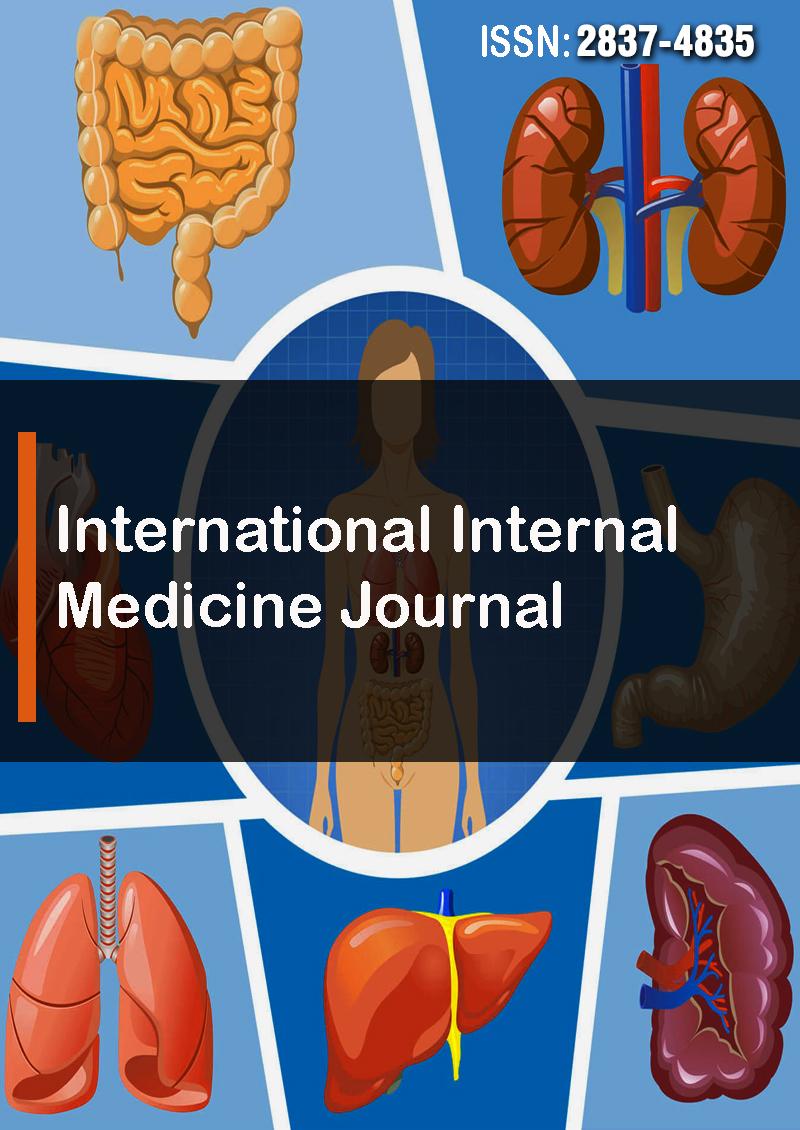The Prevalence and Post-Operative Complications of Uterine Leiomyomas in South-Western Nigeria and Northern Nigeria: A Comparative Review
Abstract
Anaziah Grace Ogochukwu, Yusuf Lawal, Ishaku Bala Yaro, Ayyuba Rabiu, Richard Emmanuel, Ezechi OC, Loto OM and Ezeobi PM
Background: Uterine Leiomyoma are benign tumors which commonly affect women of reproductive age, however only a subset of women has their fibroids clinically detected, symptomatic or warrant surgical treatment. Its removal is associated with complications. To control the occurrence of this complication requires the understanding of the factors associated with the complications.
Methods: The study was carried at two large tertiary hospitals in South-western and Northern region of Nigeria. It was a descriptive cross-sectional study that was conducted among patients in these regions. Information such as sociodemographic characteristics was recorded in questionnaire including retrospective review of case records of all surgically managed cases of uterine leiomyoma (from one hundred and fifty-nine women) was obtained after formal consent from the hospital’s ethics committee.
Results: In Both regions of Nigeria, the common presenting complaints from 36-40 years old patients were menstrual irregularities, Abdominal swelling, and infertility. The commonest anatomical position of the nodules were multiple positions and intramural.
The majority (79.9%) of the women in South-Western Nigeria presented with multiple leiomyomas. While the majority (48.8%) of the women in Northern Nigeria presented multiple leiomyomas which accounted for almost half of the patients diagnosed in that region. In the South-western region of Nigeria, post-operative complications occurred in 20.9 % of cases with post-operative pyrexia (13.5%), blood loss warranting transfusion (12.8%) and post-operative anemia (10.4%) been the most common complications. While in the Northern region of Nigeria no complications were recorded.
Conclusion: Uterine leiomyomas is common in Nigeria and usually presents with menorrhagia, pelvic pain, recurrent miscarriage, and infertility. The surgery may be complicated by post operative pyrexia, blood loss, wound infection and even death. Midline incision, closure of rectus sheet with chromic catgut and myomectomy were associated with postoperative complications in this review. To avoid postoperative morbidities associated with surgical management of fibroid, Pfannenstiel incision where feasible, use of non-absorbable or delayed absorbable sutures and hysterectomy in women who have completed family should be adopted in the Southwestern region of Nigeria. Whereas prevalence of uterine leiomyomas is generally prevalent in the Southwest, there are varying age prevalence’s in the North and Southwest.



